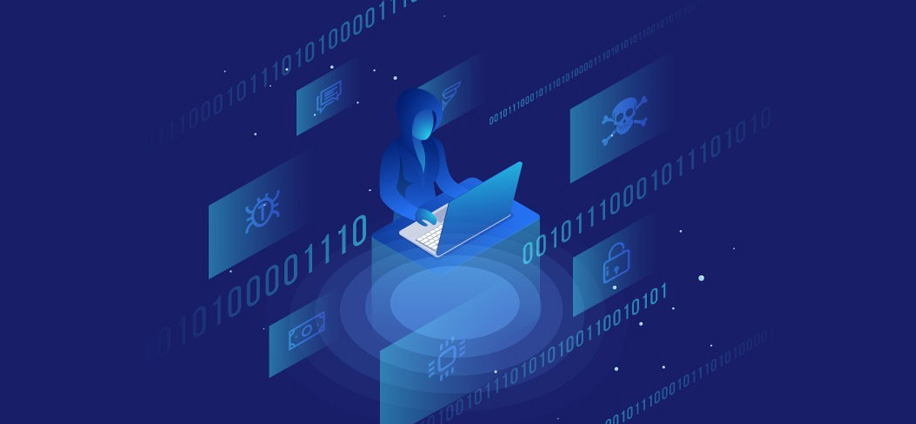
Mention the dark web, and most people think of drug deals and hitmen. But tucked away between illicit markets and encrypted forums lies something else—money-making opportunities. Legal? Sometimes. Ethical? Debatable. Profitable? Undeniably.
The dark web isn’t just a criminal playground; it’s also a haven for those with unconventional hustle. And these side gigs don’t always involve breaking the law—they involve knowing how to move within grey areas.
Some of the most profitable schemes aren’t elaborate or high-tech. They’re clever, adaptable, and relatively low-risk. So who’s making money?
Let’s break down how these dark web entrepreneurs actually earn.
Starting an onion-routed storefront is easier than you’d think. With platforms like Dark Market (before its demise) or newer alternatives, setting up a shop can take minutes.
Popular products for these shops include:
Some go as far as offering customer support—live chat included. It's Shopify, but darker.
Forget flipping sneakers—digital products are the new underground goldmine. Sellers collect:
They package and resell them on forums or marketplaces in bulk. A Gmail account? Worth a few cents. A verified PayPal login? Now we’re talking hundreds.
It’s scalable. It's fast. And in some circles, it's automated.
Guides and tutorials are hot sellers. Whether it’s teaching someone to bypass identity checks or set up a secure Telegram bot, people pay for this info.
Top-selling “how-to” packages include:
These guides can fetch anywhere from $10 to $1,000 depending on exclusivity and perceived value.
The freelance economy exists here, too—just with darker job postings.
Clients often post gigs like:
Crypto-only payments. Encrypted instructions. No resumes required.
Believe it or not, affiliate marketing thrives on the dark web. Markets offer referral links, and influencers on forums or private groups promote vendors for a cut of the profits.
A successful affiliate might:
If you have reach and reputation, you can monetize it—just like on YouTube, but without the algorithms.
Coders can make serious income by selling automation tools. These include:
A well-coded tool gets shared, updated, forked. And it often becomes a long-term source of passive income.
Many of these activities skate the edge of legality. Some cross it entirely. But others—like selling code, offering anonymity setups, or reselling already-public data—live in legal grey zones.
Here’s the catch: intent matters. A product that’s legal on its own might become criminal based on how it’s used.
Even writing a tutorial can land someone in hot water if it’s marketed to fraudsters.
And let’s not forget the thrill—the dark web is its own reward for some.
That’s the question. Some succeed, disappearing into the mist with small fortunes. Others get sloppy and end up behind bars. Many just hover in the middle—earning a living, playing with fire, never getting burned.
But in a world where data is currency and privacy is power, the dark web offers something the surface can't: total control..
Whether it’s for better—or worse.